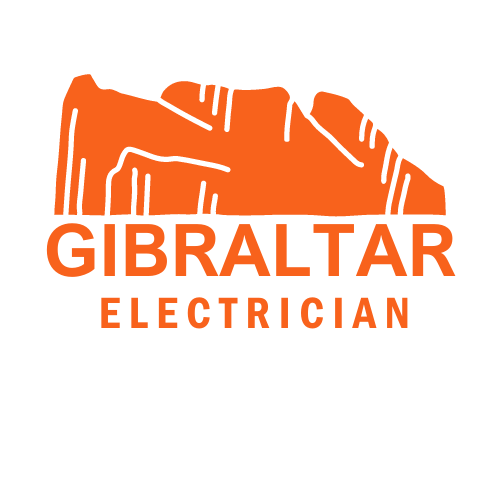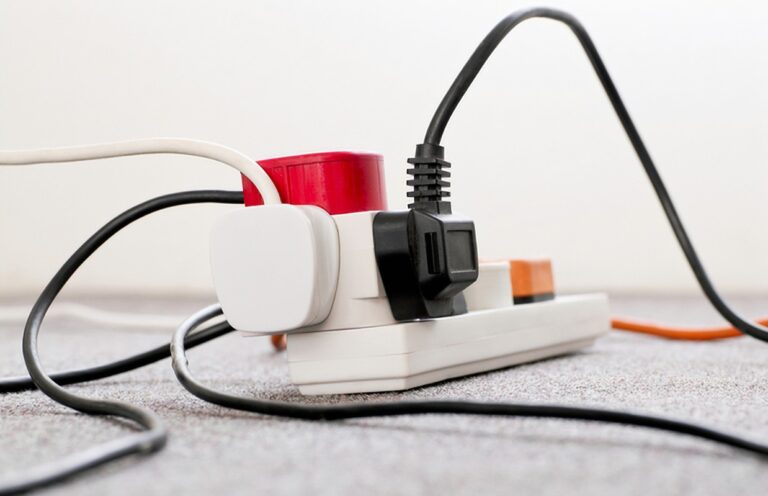In today’s fiercely competitive business landscape, prioritizing cost reduction is essential, with energy expenses standing out as a prime target for savings. Businesses of all sizes stand to gain substantially from embracing the Energy Saving Revolution. By proactively implementing straightforward yet impactful changes, companies can actively reduce energy consumption and bolster their financial performance. Now, let’s delve into four pivotal areas where businesses, can achieve significant savings on their energy bills with the guidance of a – Gibraltar Electrician.
1. Lighting
Transitioning to energy-efficient LED lighting stands out as one of the simplest and most effective methods to reduce electricity consumption. Not only do LED bulbs provide comparable or superior lighting to traditional incandescent or fluorescent lights, but they also consume significantly less electricity. With a wide array of LED options tailored to diverse business requirements readily accessible in the market, businesses can seamlessly make the switch. By embracing this transition, businesses can realise considerable energy savings and benefit from lighting solutions that last longer.

2. Office/Commercial Equipment
Investing in energy-efficient office and commercial equipment holds immense potential for businesses seeking to reduce energy consumption and lower operational costs. By incorporating power management features and promoting the use of sleep modes, businesses can effectively minimise energy wastage and optimise resource utilisation. Upgrading to high-rated equipment models further enhances energy efficiency, leading to substantial long-term savings.
Additionally, businesses can enhance energy efficiency by implementing lighting controls such as timers and occupancy sensors, alongside transitioning to energy-efficient LED bulbs. The implementation of programmable thermostats and routine maintenance of heating and cooling systems ensure effective temperature regulation, minimising energy wastage.
Furthermore, businesses can mitigate energy waste by enforcing equipment shutdown regulations and fostering employee awareness. Through diligent monitoring of energy usage and establishment of benchmarks, businesses can track progress and identify areas for continual improvement. By embracing these energy-saving practices, businesses not only achieve cost reductions but also contribute to sustainability efforts while fostering a greener work environment.

3. Cooling & Heating Systems
Maintaining buildings at an optimal temperature necessitates the utilisation of heating, ventilation, and air conditioning (HVAC) systems. By employing programmable thermostats or other smart controls, businesses can optimise the efficiency of these systems and minimise energy consumption. Additionally, the installation of occupancy sensors enables HVAC systems to activate only when necessary, further reducing energy usage. Regular maintenance and servicing of HVAC systems play a crucial role in enhancing their efficiency and minimising energy wastage. Periodic audits of HVAC systems can effectively identify areas for improvement, allowing businesses to implement targeted measures to reduce energy waste and enhance overall efficiency.

4. Employee Awareness
Educating employees about the Energy Saving Revolution for businesses is essential. It ensures the success of any energy efficiency initiative. Encouraging employees to actively participate by sharing their ideas and suggestions for energy-saving measures is integral to embracing this revolution. Regularly communicating the significance of energy conservation is vital. Providing practical tips on reducing energy consumption ensures that the entire workforce is aligned with the company’s sustainability goals.












